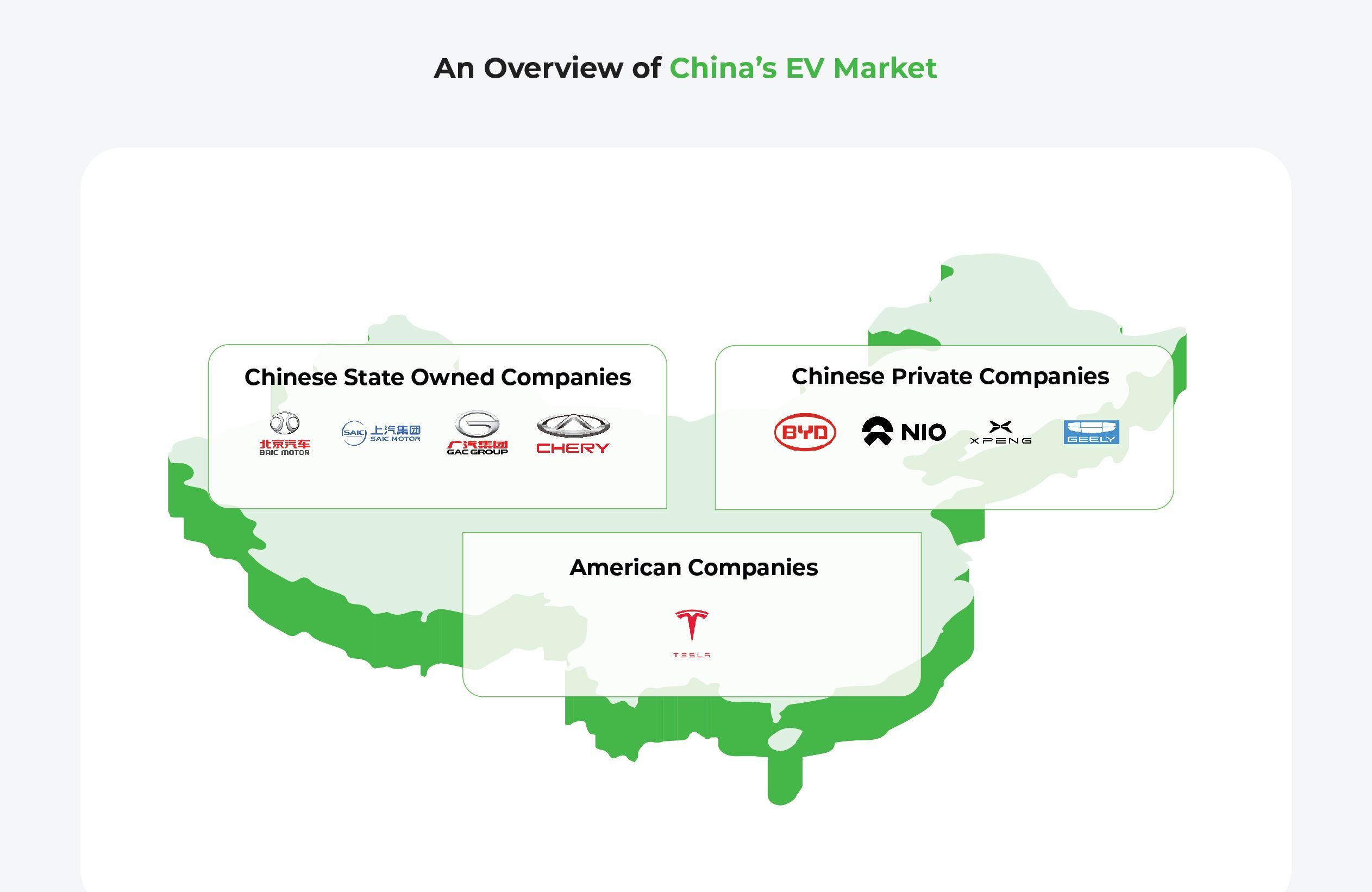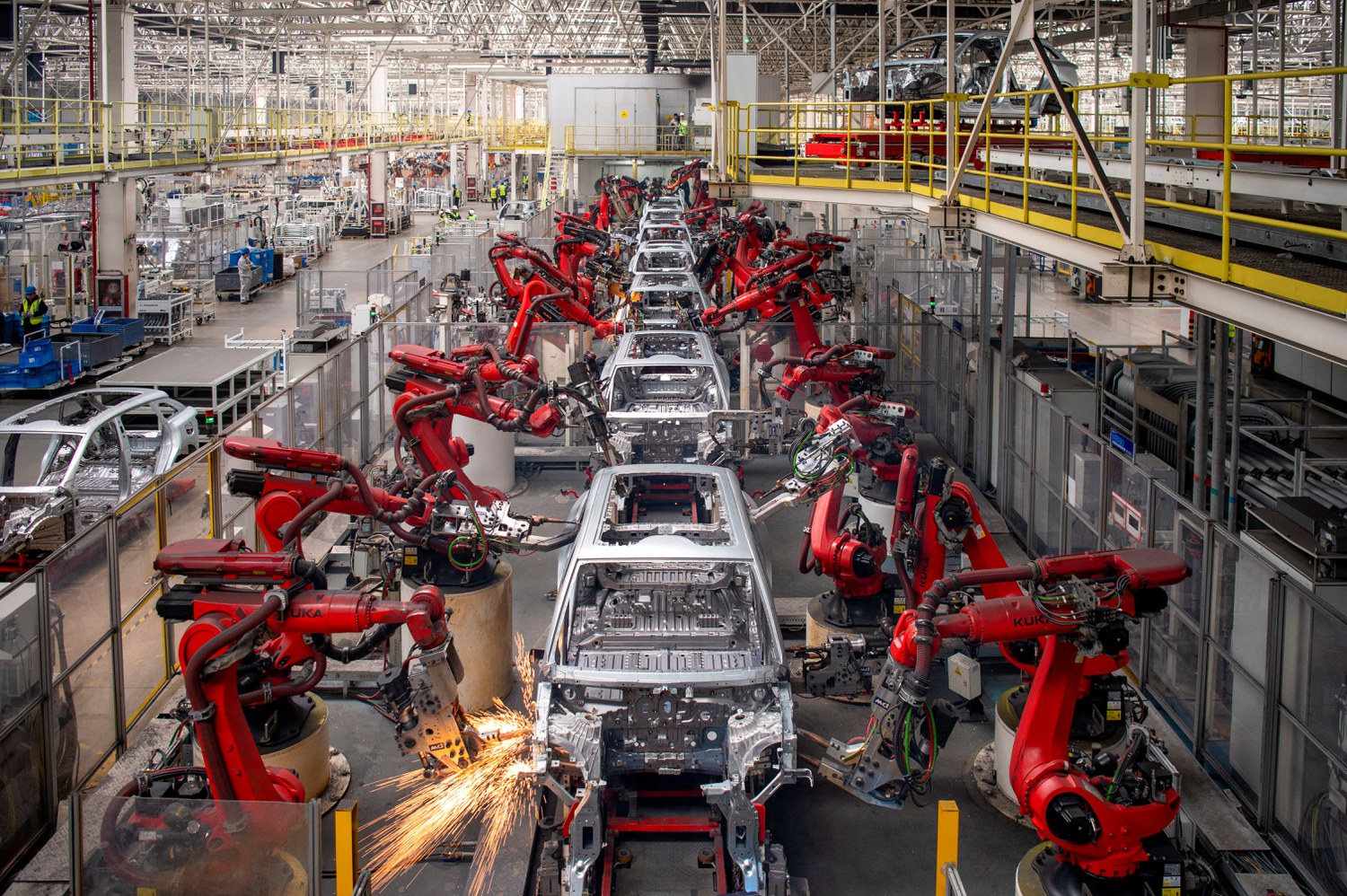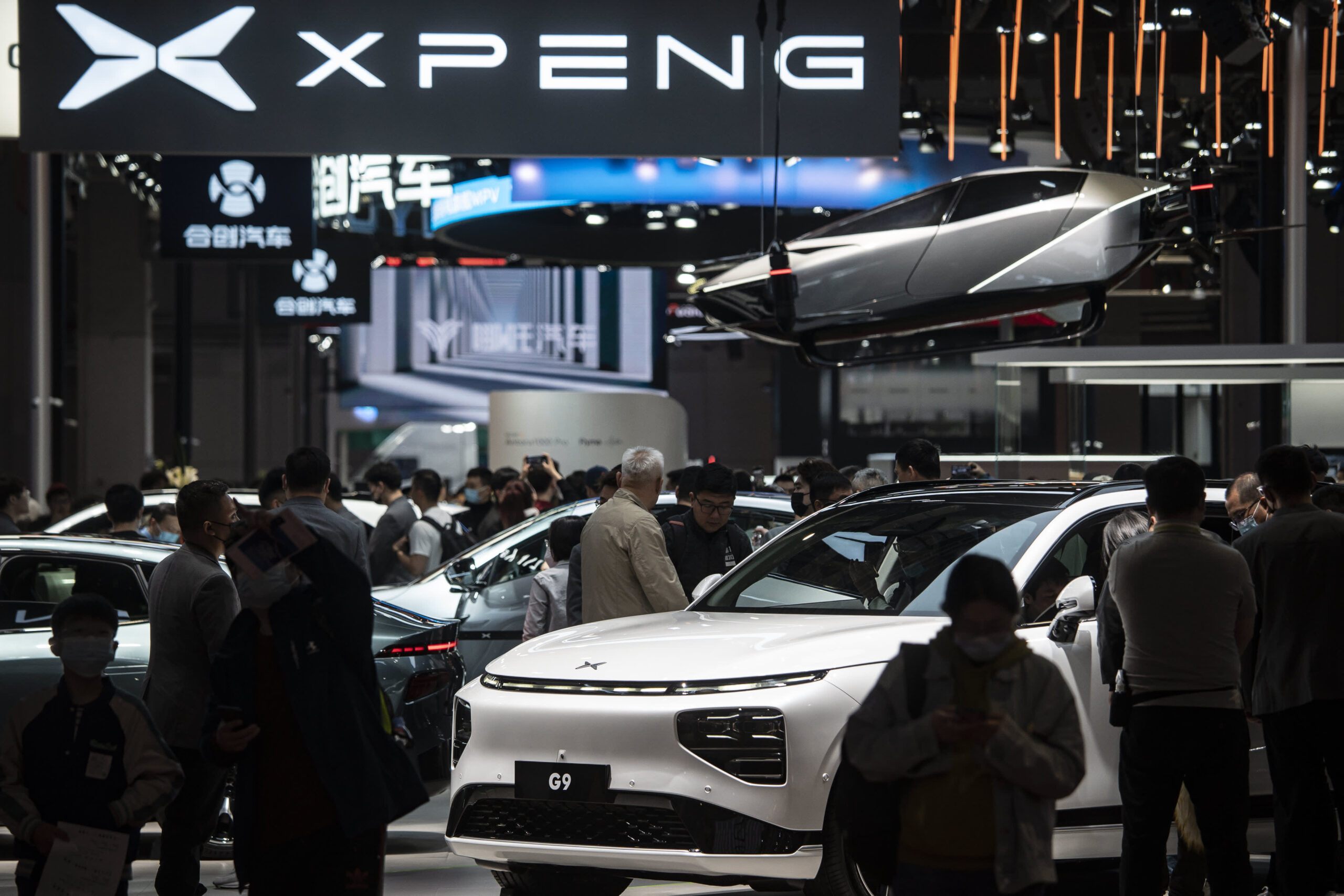China’s electric vehicle (EV) industry has long held ambitions of global domination. With the largest market share and a strong manufacturing base, China seemed unstoppable in its quest to lead the world in the production and adoption of electric vehicles. However, recent challenges have emerged that threaten China’s path to success.
Despite the ongoing global chip shortage, China’s determination to dominate the EV market remains unwavering. The country has been investing heavily in research and development to overcome the hurdles it currently faces. By understanding the challenges and formulating strategies to address them, China aims to maintain its position at the forefront of the global EV industry.
Challenges Faced by China’s EV Industry
One of the major obstacles hindering China’s EV industry is the shortage of semiconductors. These essential components are crucial for the production of electric vehicles, and the global chip shortage has disrupted supply chains worldwide. As a result, automakers in China have experienced a decline in production of Zeusslot and sales, impacting the country’s ambitions to expand its EV market shares globally.
Another challenge arises from the increasing competition China faces from other countries, particularly the United States and Europe. These regions have recognized the importance of electric vehicles in reducing carbon emissions and are investing heavily in EV technology. With supportive policies and infrastructure development, they aim to catch up with China’s leadership in the EV sector, posing a significant challenge to China’s global dominance.

Government Policies and Regulations Impacting China’s EV Industry
China’s government has played a crucial role in driving the growth of the country’s EV industry. The government’s policies and regulations have provided incentives for both manufacturers and consumers, encouraging the production and adoption of electric vehicles. These measures include subsidies, tax breaks, and favorable licensing regulations.
However, recent policy changes have had an impact on the industry. The reduction of subsidies for electric vehicles has led to a decline in sales, affecting the overall growth of the market. Additionally, stricter regulations regarding battery safety and recycling have increased the cost of production for manufacturers. China’s government will need to carefully balance its policies to ensure sustainable growth and overcome the challenges faced by the EV industry.
Global Competition in the EV Market
China’s dominance in the global EV market is being challenged by other countries, particularly the United States and Europe. Both regions have set ambitious targets to transition to electric vehicles and reduce their reliance on fossil fuels. The United States, under the Biden administration, has pledged to invest heavily in EV infrastructure and research and development. Similarly, European countries have implemented stringent emission regulations and are actively promoting EV adoption.
This global competition poses both opportunities and challenges for China’s EV industry. On one hand, it encourages innovation and technological advancements as companies strive to stay ahead. On the other hand, it puts pressure on China to maintain its competitive edge and continue to lead the industry.
Technological Advancements and Innovation in China’s EV Sector
China’s EV industry has witnessed significant technological advancements and innovation in recent years. The country has made substantial investments in battery technology, which is a key component of electric vehicles. Chinese companies have developed advanced battery technologies, such as solid-state batteries, that offer improved performance and longer range.
Additionally, China is investing in autonomous driving technology and connectivity features for electric vehicles. These advancements are aimed at enhancing the overall driving experience and positioning China as a leader in the future of mobility.

Environmental and Sustainability Concerns in China’s EV Industry
While electric vehicles offer numerous benefits, including reduced emissions and improved air quality, concerns over sustainability persist within China’s EV industry. The production of electric vehicles requires significant amounts of raw materials, particularly lithium and cobalt. The extraction and processing of these resources can have environmental and social implications.
China’s EV industry must address these concerns by adopting sustainable practices throughout the supply chain. This includes responsible sourcing of raw materials, improving battery recycling processes, and reducing the overall environmental impact of EV production.
Strategies to Overcome Obstacles and Maintain Global EV Dominance
To overcome the challenges it faces, China’s EV industry must adopt a multifaceted approach. Firstly, the industry should focus on diversifying its supply chain to mitigate the impact of the global chip shortage. This could involve localized production of key components or exploring alternative technologies.
Secondly, China should continue to invest in research and development to drive innovation. By fostering partnerships between academia, industry, and government, China can accelerate technological advancements and stay ahead of global competition.
Lastly, China’s EV industry should prioritize sustainability and environmental stewardship. By adopting sustainable practices and addressing concerns related to raw material sourcing and battery recycling, China can demonstrate its commitment to a greener future.
Impact of China’s EV Industry on the Global Automotive Market
China’s dominance in the global EV market has far-reaching implications for the automotive industry as a whole. As the largest market for electric vehicles, China’s success drives the demand for EV-related technologies and components. This has led to increased collaboration between Chinese and international companies, further accelerating the growth and innovation in the global automotive market.

The Future of China’s Global EV Domination
While China’s journey towards global EV domination may have hit a rough road, its determination to overcome obstacles and maintain its position as a leader in the electric vehicle industry remains steadfast. If you found this article engaging, we invite you to delve into another captivating read on the upcoming FA Cup Match. Thank you for joining us on this journey toward a more sustainable future.
